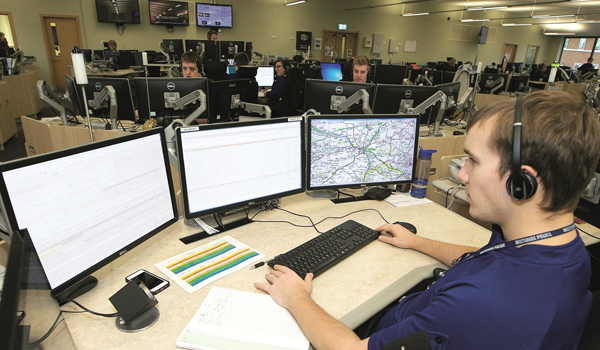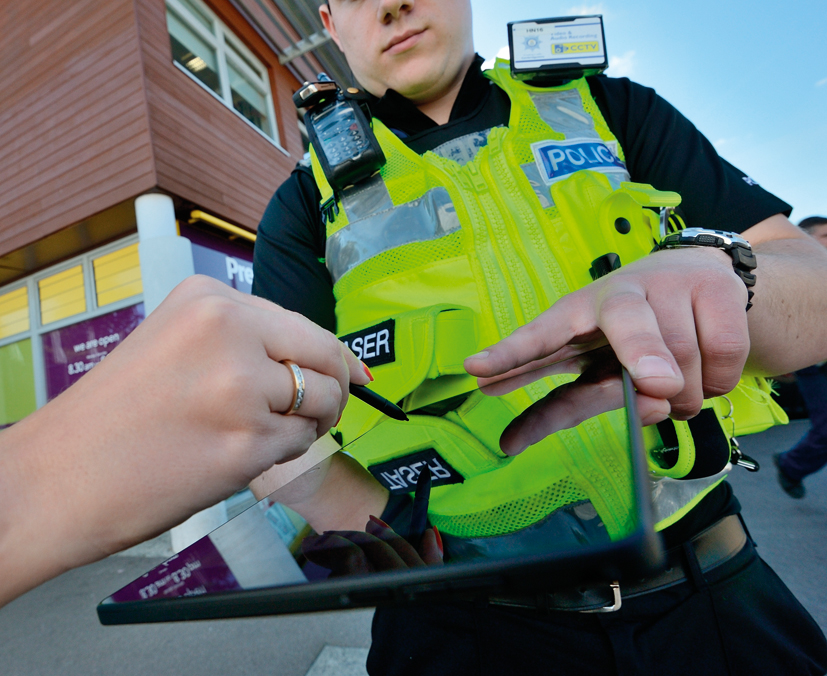Tougher airport security welcomed
More than half of British travellers support the introduction of new airport security technology if it could deliver greater security and efficiency at the UKs borders.

More than half of British travellers support the introduction of new airport security technology if it could deliver greater security and efficiency at the UKs borders.
A YouGov survey, conducted for software analytics firm SAS, found that 64 per cent of British overseas travellers would support the current strict checks at border checking points being enhanced by technology that analyses each passenger by the potential risk they present, if this led to an overall reduction in queues and enhanced security.
The study of more than 2,000 British adults also found that less than one in ten travellers would oppose trials at Britains airports of new technology that assesses the potential level of risk posed by each individual and imposes the appropriate level of security checks based on this risk.
Joanne Taylor, director of public security at SAS, said: The survey demonstrates that the British public are open to the authorities exploring an alternative to existing blanket checks. These checks, where all passengers are subject to the same rigorous procedures, have resulted in long delays and have not made us any more efficient at identifying illegal immigrants or high-risk individuals.
In contrast, risk-profiling, which uses intelligence, data analytics and behavioural modelling to assess the risk individuals pose, can actually significantly enhance protection, cutting queues while detecting more high-risk individuals coming into the UK.
This is what we saw in last years borders pilot immigration scheme, which despite the negative publicity, was successful in its primary objective of detecting more high-risk individuals trying to enter the country illegally from Europe.
She added that with the eyes of the world having been on the UK throughout 2012, with the Queens Diamond Jubilee and the Olympic Games a key focus, long queues at the borders had the potential to cause the country even more serious embarrassment than usual this year.
The UK Border Agency (UKBA) has said it will have its e-borders programme in place for all air, rail and sea passengers by December 2014.
Facial-recognition electronic gates (e-gates) and biometric passports are being introduced to replace the aborted £9.1 million IRIS identification scanners which are being closed down only five years after their introduction. Scanners have still been operating at Heathrow Terminals 1,3,4 and 5 and at Gatwick North, but will be phased out at these airports after the Olympic Games.
In April, the Home Affairs Select Committees third report of the year into the work of the UKBA said that the £9.1 million cost of the iris scanners must not be repeated.
The committee recommended that the UKBA publishes data collected on e-gates trials to ensure it does not suffer the same costly investment in equipment that will not last. The e-gates run a face-recognition check against the chip in a passport and if the passenger is eligible to enter the UK, the gate opens automatically in a matter of seconds.
The report also said that the committee remained uncertain over the feasibility of the Governments e-borders timetable.
It finds it difficult to see how the scheme can be applied to all rail and sea passengers by December 2014. It acknowledges that the Government must have a comprehensive e-border system if it is to be effective, however, it needs clarity on policy and practicalities for achieving this, said the report.
The UKBA has confirmed design, funding, staffing and operational requirements for a National Allegations Database to help manage public information on immigration violations.
It follows a report from the Home Affairs Select Committee which showed that only four per cent of intelligence reports received from the public resulted in enforcement.
The database is expected to go live next month.




